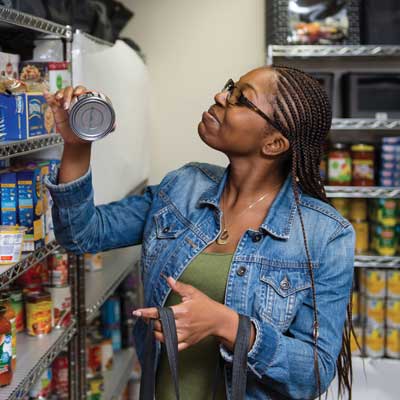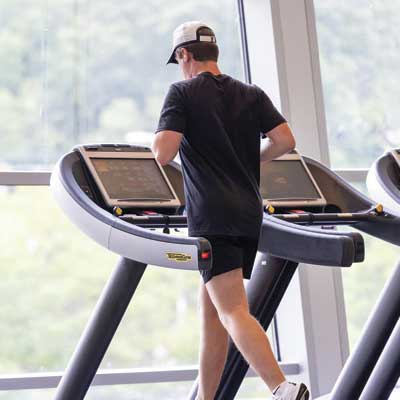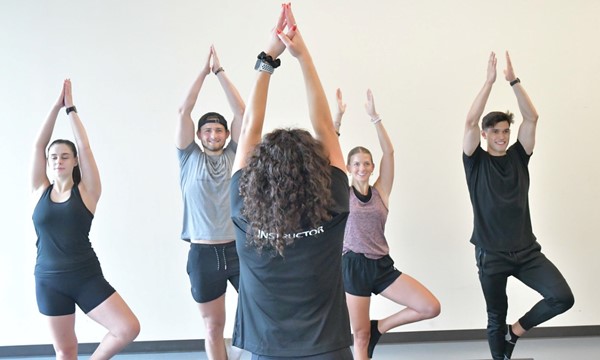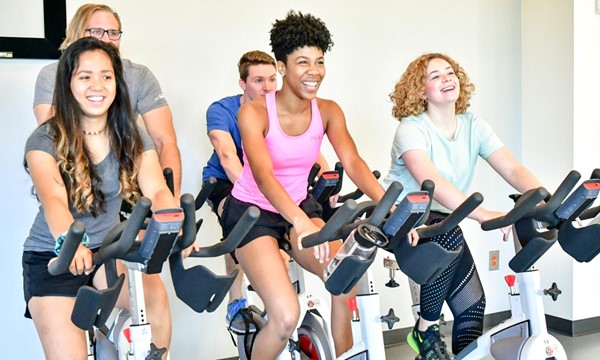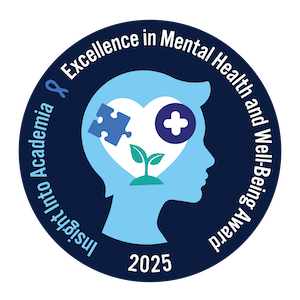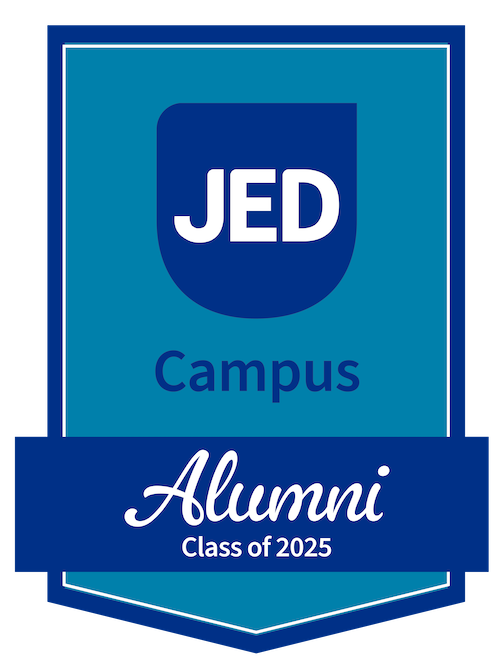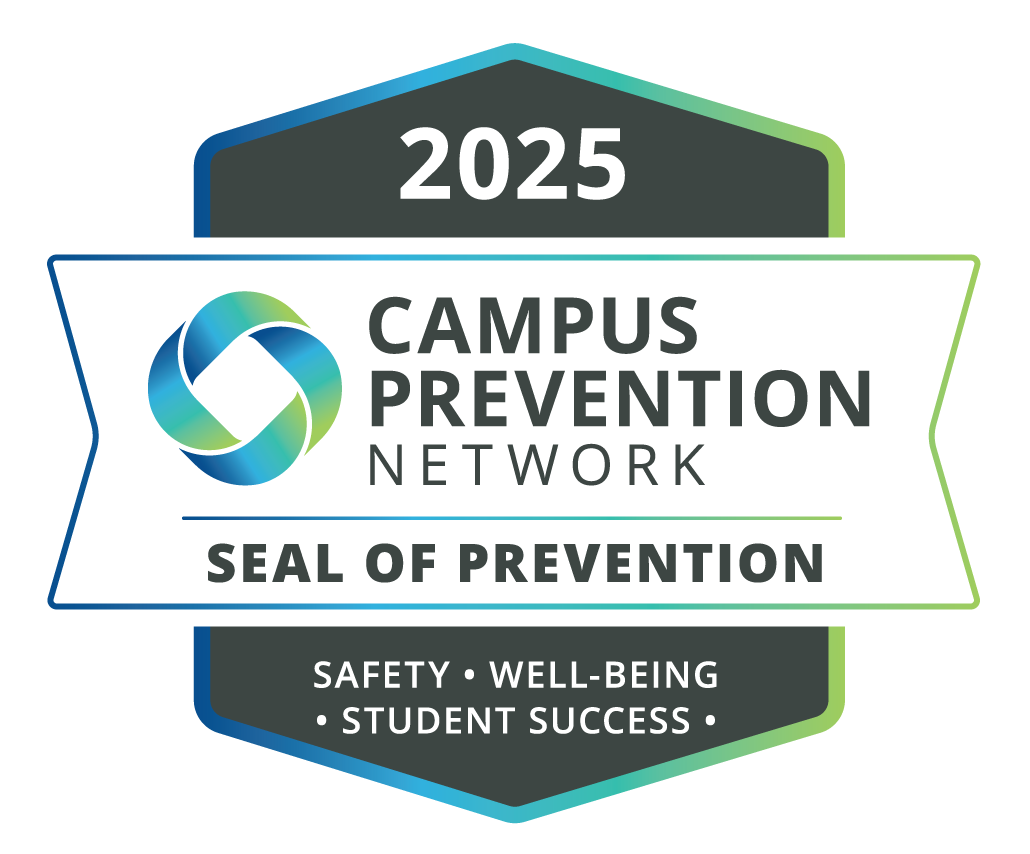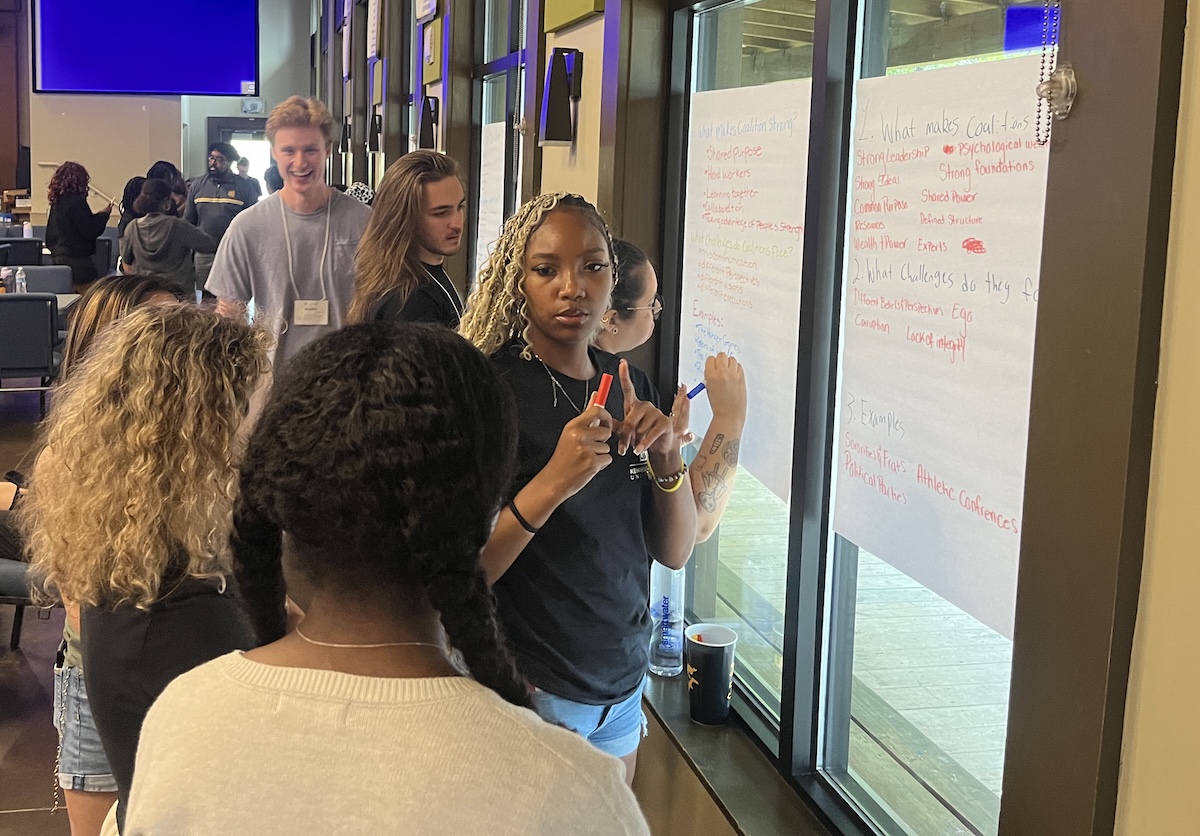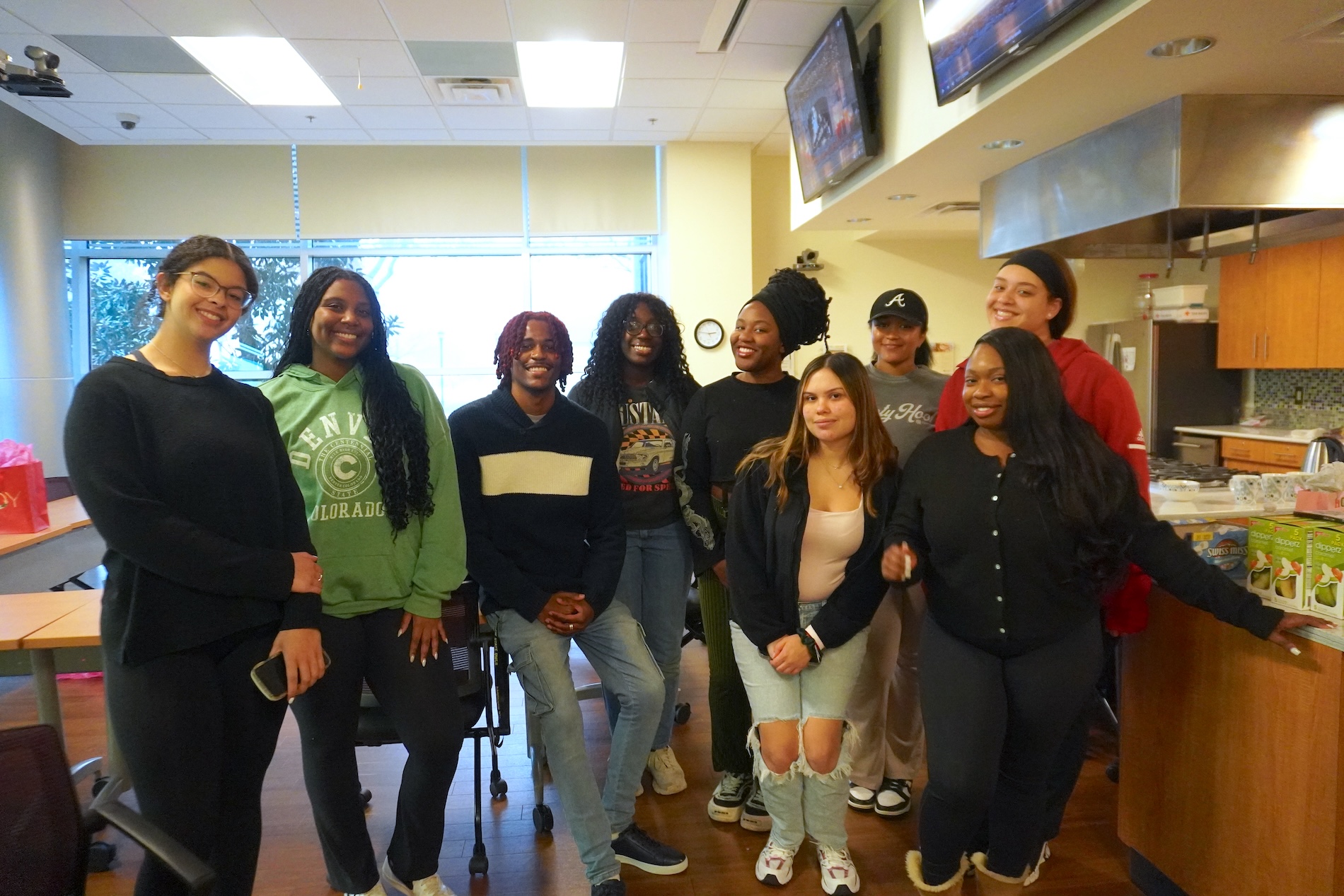Connecting you with campus community care
-
Looking for housing, food, or financial support resources?
|
Campus Awareness, Resource & Empowerment (CARE) Services mission is to provide access to food, temporary housing, and other supportive services to foster students’ realization of a healthy, stable, and dignified life academically and professionally.
CARE Services
|
|
-
Looking for nutrition resources, health education, sexual health resources, or CPR
certification?
|
The mission of Health Promotion and Wellness is to improve the balance of the intellectual,
emotional, physical, social, and occupational development of students through awareness
and education.
Health Promotion & Wellness
|
|
-
Looking to get physically fit, join a sports team, or explore the outdoors?
|
Sports and Recreation manages several facilities on campus to meet your health and
wellbeing needs. Students, employees, and alumni can all take advantage of our programs
and services to incorporate fitness, recreation and sports into their daily lives.
Sports & Recreation
|
|
-
Looking for support, education regarding substance use disorders, or process addictions?
|
The Center for Young Adult Addiction and Recovery (CYAAR) supports students' overall
well-being, particularly for those in or seeking recovery, through programs and services,
including Alcohol and Other Drug Prevention & Education, Recovery Support Services,
the Collegiate Recovery Program, and Recovery Science research.
Center for Young Adult Addiction and Recovery
|
|
-
Looking for help with anxiety, depression, or stress?
|
Counseling and Psychological Services' mission is to help students develop the skills
necessary to better manage their emotions, navigate relationships, and address other
mental wellness concerns, including psychiatric medication evaluation and treatment.
Counseling & Psychological Services
|
|
-
Feeling sick or need an annual checkup?
|
Student Health Services' staff of board-certified physicians and advanced practice
providers deliver comprehensive primary care services year-round between 8:30 AM and
5:00 PM Monday through Friday.
Student Health Services
|
|
-
Still looking for more resources?
|
Whether you are looking to get more involved, conquer academic goals, or seek personal
support - this is your place to get connected.
resource roadmap
|
|










